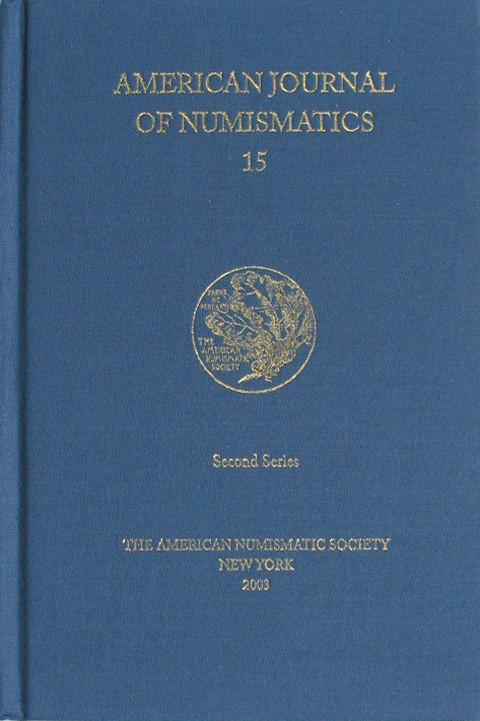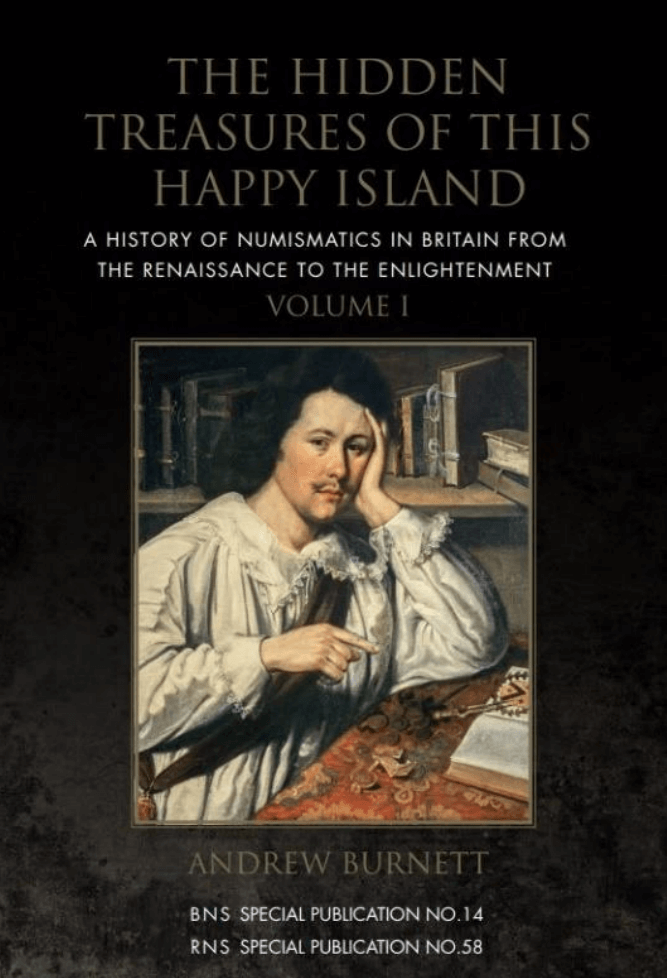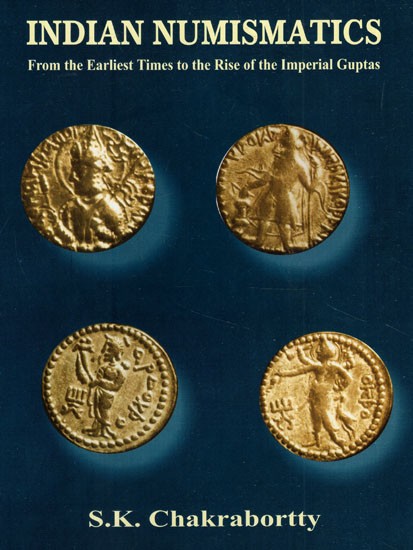Excellent Tips For Picking Dollar And copyright Detection
Wiki Article
How Can I Find Numismatics That Are Related To Mints On A Numismatics Database?
Investigating numismatics related to mints with databases requires specific strategies for gathering comprehensive data about coin production, historical contexts, as well as the development of minting techniques. This is a structured method to select a database: Choose one database that is focused on coins from the past, numismatics and other related data. Numista databases or online catalogs of academic institutions that preserve the study of numismatics are also options.
Define Research Focus: Specify your research objectives. Are you interested in learning about the past of a particular mint, its production capacity, technological advances in minting or the economic and cultural impact? Tailor your search queries accordingly.
Search Strategy: Include the name of your mint as well as any keywords you use which are related to numismatics or mints. Make use of advanced search features to sort results according to date, type of document (such as historical reports, academic writings, or catalog entries), and geographic region.
Data Collection: Collect data regarding the date of establishment and its period of operation, the kinds of coins produced, the technologies (such hand striking or machine striking), as well any notable changes or events in minting over time. You can access catalogs or databases that detail specific coins according to denomination, date and design.
Analysis: Review the data in order to find trends and patterns in the minting practices throughout different periods of history or geographical locations. Review the changes in coin design and compositional changes to metals and technological advances that have affected coin production.
Cross-Reference: Verify the accuracy of your research by comparing information from various sources within the database. This helps ensure accuracy and completion of your research.
Documentation: Ensure that you document your findings in an organized manner. Note sources and the techniques you used. Keep detailed records of the databases used, search terms employed, and the significance of every source you use to achieve your research goals.
Keep updated: Numismatic research changes constantly with new publications and discoveries being created. Keep the database updated regularly to get the most current information, or archived digitally that has been recently digitized.
Databases can be used effectively to research numismatics pertaining to mints following these steps. This will allow for an in-depth analysis of the historical as well as technological aspects of manufacturing coins, providing valuable insight into the development of the practice of numismatics throughout the course of time. See the best https://zlatemince.cz/ for more tips including coin marketplace, antique coins, banknote production, bullion coins, rand, coin artist, rand, coin rarity, coin minting, coin history and more.

How Do I Utilize An Online Database To Look Up Numismatics Regarding Exhibition And Show Events?
This research involves using databases to store information about events, conferences and exhibitions that are related to numismatics. Here's a systematic approach to conduct this research: Database Selection: Choose databases that specialize in numismatic exhibitions and events. Websites of prestigious numismatic organizations like the American Numismatic Association, online platforms that provide information on the world's numismatic exhibits, or museums archives are examples.
Define Research Focus: Specify your research objectives. Are you looking to know more about forthcoming or previous numismatic events, conferences on numismatics and coin shows, regional coin fairs, thematic exhibits or educational events? Define your objectives to you in your search.
Search Strategy: Add keywords like "numismatic exhibitions," coin shows" or "numismatic event" and, if relevant include the names of specific occasions, places, themes, or other relevant information. Filter results using advanced search features. This includes filtering by date, event types (such as conferences and exhibitions) and geographic regions.
Get information on the recent and forthcoming numismatic exhibitions and events. Gather information about events such as dates and times, locations and organizers, as well as themes and featured collections, exhibitor participation, and publications or catalogs. Browse databases that provide virtual tours and digital access to exhibit documents.
Examine the data to determine the educational goals themes, trends, and goals of numismatic events and exhibitions. Analyze how exhibitions and shows increase public awareness of the numismatic field as well as encourage exchange of knowledge and highlight important collections.
Cross-Referencing - Verify the accuracy of your research by comparing information from various databases including event listings, official websites. This will ensure completeness and accuracy in your research. Also, you'll gain a comprehensive view of the numismatic exhibits.
Documentation: Record all of your research findings, including the sources you relied on and the methods that were used. Keep track of details like databases you've accessed as well as your search terms and the relevance of these to your research questions.
Keep Up to Date: Numismatic activities are dynamic and new exhibitions conferences, shows, and exhibitions regularly scheduled. Information from numismatic organizations organizers, event planners, as well as special databases are the best ways to stay informed about upcoming events.
By following these steps, you can effectively use databases to explore the subject of numismatics with respect to shows and exhibitions. This method lets you explore the diversity, educational advantages, and contributions to scholarly research that numismatic shows worldwide make. Have a look at the best proof coins url for website examples including coin release, coin album, mint condition, obsolete currency, banknote display, banknote authenticity, peso, silver, circulated, currency collecting and more.

How Do Historians And Researchers Make Use Of An Numismatics Database?
Here's a method for conducting such research:Database Selection: Choose databases that focus on research in numismatics as well as historical archives and academic journals, and institutional repository sites. An organized approach is offered to assist you in conducting this research. JSTOR is a good instance, but there's other databases like Google Scholar and numismatic publications (like American Numismatic Society journals) and university databases.
Define Research Focus: Specify your research objectives. Are you seeking to learn about the historical contexts behind items of numismatic value and the research methods used in numismatics, specific topics in numismatics that historians have explored or contributions of researchers in numismatic scholarship. Find out the answers to your questions so that they can help you.
Search Strategy: Make use of keywords such as "numismatics," "numismatic research," "historical coins," and include particular historical periods, geographical regions or numismatic topics If applicable. You can filter results with advanced search options. This includes filtering by dates, types of documents (such as dissertations, conference papers, articles) as well as author affiliations.
Data Collection: Search for details related to numismatics such as scholarly articles as well as research papers. Details such as titles of the publications authors, abbreviations of authors, methods, and historical contexts are important to record. Browse databases that offer access to digital collections of numismatics or research projects.
Analyze the data to understand historical and numismatic scholars' methods and their interpretations. Analyze how numismatic objects are a part of larger historical narratives and economic studies, cultural studies, or political histories. Review the research and methods of different scholars across a variety of numismatic topics.
Cross-Referencing: Verify your findings through cross-referencing across databases, scholarly papers, academic publications and institutional repositories. This ensures accuracy and completeness of your study. It also provides complete information on numismatics' scholarly contributions.
Documentation - Document your research findings in a systematic way including sources and techniques. Provide the database utilized, search terms, and the relevance to your question.
The research and publications on numismatics continue to evolve. Stay up to date by keeping track of publications from academic journals, numismatic societies and institutional repositories to get the most recent research findings and techniques in numismatic research.
Follow these steps to use databases effectively to explore numismatics in conjunction with historians and other researchers. This technique allows a thorough investigation into the methodology, historical interpretations and scholarly works that shape the understanding of numismatic artifacts within broader historical and cultural contexts. Read the top rated czech coins for website info including coin engraving, numismatic investment, coin holder, coin dealer, banknote holder, coin magazine, zloty, austrian coins, coin die, coin expo and more.

How Can I Use A Numismatics Database For Online Forums And Communities To Do Research?
Here's how to conduct such a research: Here's a systematic approach to conduct research on databases: Database Choice: Select online forums and communities that specialize in the field of numismatics. Examples include forums such CoinTalk or Reddit's"r/Coins," and numismatic communities in social media platforms such as Facebook groups and LinkedIn.
Define Research Focus: Specify your research objectives. You might be interested in knowing more about current trends in collecting, or talking about specific coin types or historic periods. Perhaps you want to seek advice on authentication or grading. Find out what interests you are interested in to help you narrow your search.
Search Strategy: Use keywords related to the topic that you are interested in, for example "numismatic forum," "coin collecting community," "online discussion forums on the subject of numismatics" and keywords that pertain to specific subjects, (ancient coins or modern coins), or keywords related to the research question. Utilize search features within each platform in order to find discussions that are relevant.
Data Collection: Participate in discussions, threads and posts in the online communities. Gather insights on collecting strategies and coin identification techniques, market trends, personal experiences with numismatic discoveries, and discussions about historical or cultural aspects of coinage.
Analysis: Examine your data in order to understand the perspectives and experiences of the members of the online numismatic community. Consider the level of knowledge, consensus, and level of discussion among members to evaluate the information.
Cross-Referencing: Verify the truthfulness of your findings by comparing information from various forums and communities. Review the information on various platforms in order to gain more perspective on collecting patterns and market trends.
Documentation: Recording your findings is essential. Note specific threads, discussions topics, and contributors if you need to. Note key insights, opinions, and trends shared on online forums and in communities.
Stay Involved Be Active: Ask questions and take part in discussions to gain insight and create connections with other members of the numismatic community. Stay informed with new threads.
You can use online forums to look up numismatics research by following these easy steps. This approach lets you benefit from the collective wisdom and experience of a variety of specialists and collectors, giving valuable insights and insights into the various aspects of collecting coins, identifying them, and understanding them. Check out the most popular coin blank for site advice including design, coin authenticity, dime, mint, uncirculated, denomination, coin artist, currency authentication, coin die, silver and more.

What Can I Do To Research Numismatics In Relation To Industry Consultants Using Databases?
For research into consultants in the industry, use databases that are geared toward consulting firms, individuals, industry reports, or publications of the numismatic society. This is a structured method to conduct such research. Examples include listing of businesses, consulting firms' websites, and publications of numismatic associations.
Define Research Focus: Specify your research objectives. Are you interested in consulting for numismatic enterprises, market research reports on the subject of numismatics (or specific consultants' expertise in particular numismatic segments) or emerging trends that consultants have identified within the industry? Find out what you're trying to find in order to reduce your search.
Search Method: Search using words like "numismatic industry consultant", "numismatic consultancy firms", or "market analyses of coins" to locate relevant results. If you are able to you may add geographical regions and specific areas of knowledge. Utilize advanced search options for sorting results by consultant specialties and consulting services.
Data Collection: Access data on consulting firms specializing in numismatics, as well as industry experts who provide services to numismatic businesses. Find information about consultants, such as profiles, areas of expertise (market analysis as well as collection management and authentication) customer testimonials and reports written by industry consultants.
Analyze the data to assess the function and contribution of consultants within the numismatic industry. Assess the expertise and methods used by consultants to advise on investment in numismatics, market trends and collection management strategies.
Cross-References: Verify that the information you have provided is correct by comparing it to different databases, the publications from organizations for numismatics and reports from the industry. This lets you complete a thorough and accurate study. You will also get a full overview of the consulting industry in numismatics.
Documentation - Document your research findings in a systematic way including sources and methods. Note down the names of databases as well as the search terms and relevancy of each source in relation to your study.
Stay updated: Consulting services and market trends in numismatics change as economic trends change and regulator updates. Keep up-to date with industry trends by keeping an eye on updates from websites of consulting firms and reports from industry experts.
These steps will help you look at numismatics from the perspective of industry experts. This approach enables a detailed study of the advisory services, market analysis, and strategic information provided by consultants within the numismatic industry, offering useful perspectives on business operations, investment strategies and market dynamics in numismatics. View the recommended copyright examples for website examples including design, coin storage, coin holder, currency exchange, numismatics, coin design, yen, coin society, uncirculated, yen and more.
